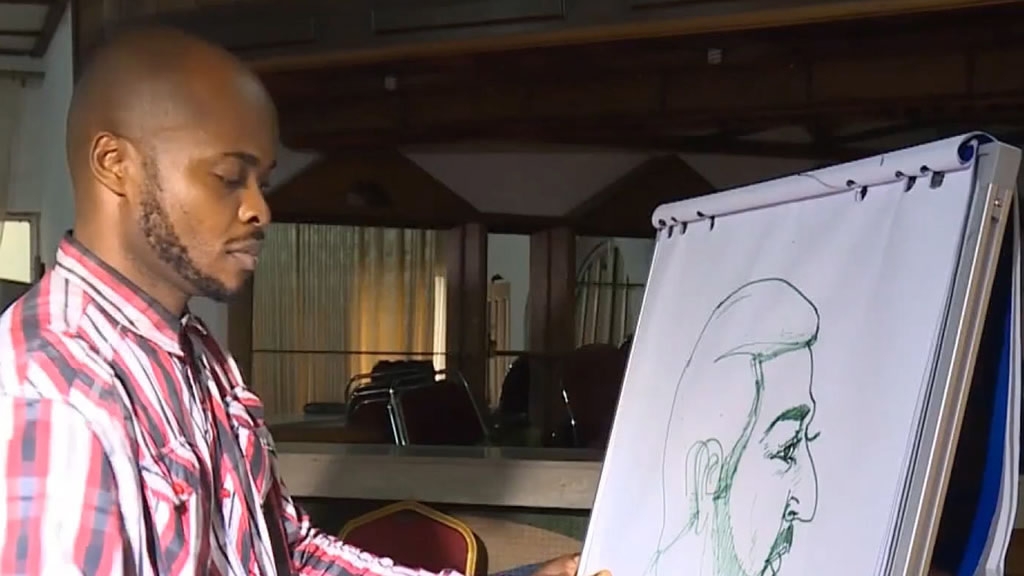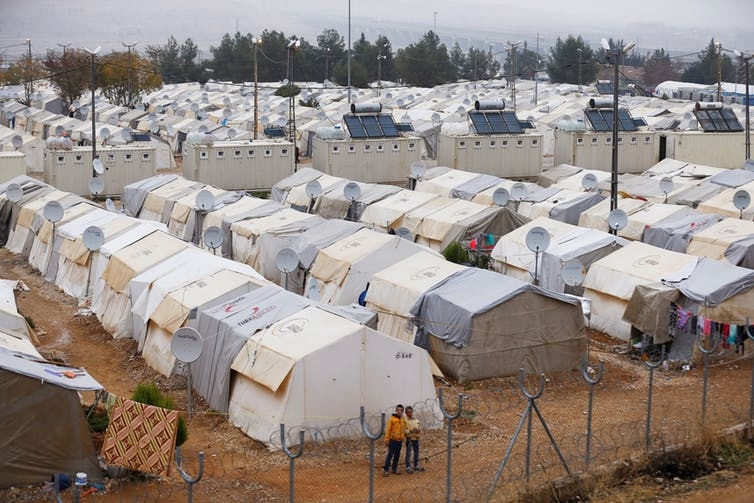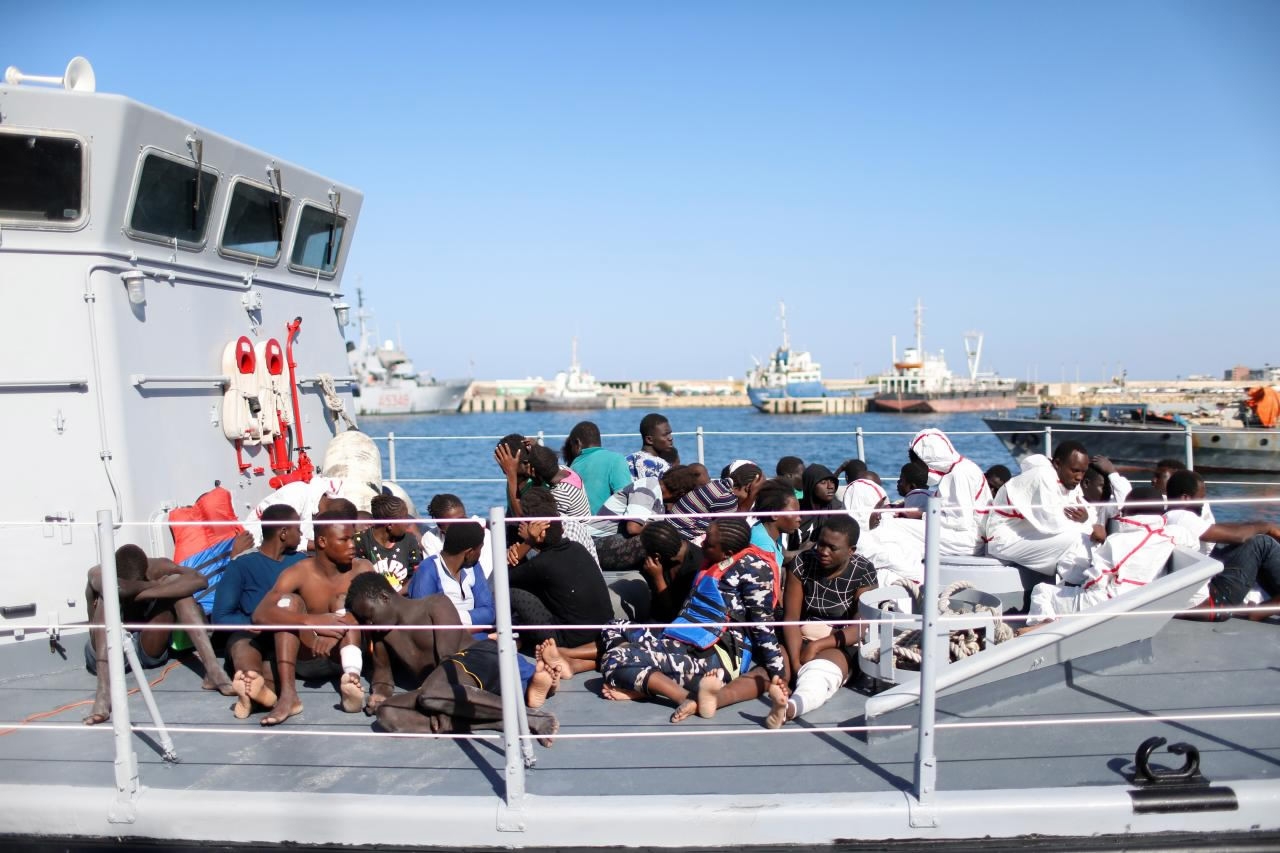
Politics
09:27, 30-Jan-2018
The Migrant Crisis: Life in Libyan detention
By Deji Badmus

Migrants from Africa are still attempting the dangerous trek to Europe. One of the greatest dangers they face is the slave trade. Some of those migrants have been sent back home from Libya. CGTN spoke to the victims about their time in detention.
One told CGTN’s Deji Badmus that art saved his life.
Michael Ikechukwu is a gifted artist, a singer, a writer, a voice over artist and a music producer. He abandoned everything in 2012 after a trafficker convinced him he could make more money with his talent in Europe.
He closed his shop and made for the dangerous Libyan route hoping to make it to Italy. But after over a month traveling in the desert, he arrived in the Libyan city of Gatrone.
“We got there and I said, ‘God, if you could save my life just this once I will never take this kind of risk again, but I guess God wasn’t listening. They dealt with us… ill treatment. A lot of people were subjected to inhuman treatment," Ikechukwu said.

A refugee camp in Libya. /Reuters Photo
A refugee camp in Libya. /Reuters Photo
"The girls were being laid aside… You know what I mean. They slept with a lot of girls. You see teenage girls. The Arab guys and surprisingly Nigerians, Nigerians who are into this particular business,” Ikechukwu explained.
His suffering continued in another town, Sabah.
“They took us into some basement. They told us we were going to pay four times the money. I was like that’s not the initial agreement, and he said you don’t have a say in this matter,” Ikechukwu recalled.
The Libyan militia men then threatened to kill Ikechukwu if he didn’t pay the amount they demanded.
“They told us that if we didn’t pay, they were going to sell us off to a better bidder. They are people who come to buy slaves to work in the plantation.”
The only reason Ikechukwu wasn’t sold was because of an incident that occurred in the prison where the migrants were all kept.
“While I was there I thought of my life and was so frustrated because I have a God-given talent,” Ikechukwu said.
“Sometimes when I was down in spirit, I just tried to do some sketches to ease my mind off the worry and anxiety. So I was there sketching and unknown to me, one of the Arab men was right behind me with a gun.”

Migrants arrive at a naval base after they were rescued by Libyan coastal guards in Tripoli, Libya, Nov. 6, 2017. /Reuters Photo
Migrants arrive at a naval base after they were rescued by Libyan coastal guards in Tripoli, Libya, Nov. 6, 2017. /Reuters Photo
The man praised his talent and moved Ikechukwu to another location with better conditions. He requested that Ikechukwu work as his son’s art teacher, and gave him food “for the first time in quite a long while.”
Ikechukwu eventually escaped from the prison with some other inmates from Gambia. They made it to Tripoli, but were arrested yet again, and detained. It was at this detention center where officials from the International Organization for Migration helped them get back home.
Ikechukwu was finally able to return home after a year of hell and has been living back in Nigeria for over five years. He is hoping to start life all over again, and plans to begin his own campaign against human trafficking and irregular migration.

SITEMAP
Copyright © 2018 CGTN. Beijing ICP prepared NO.16065310-3
Copyright © 2018 CGTN. Beijing ICP prepared NO.16065310-3